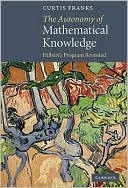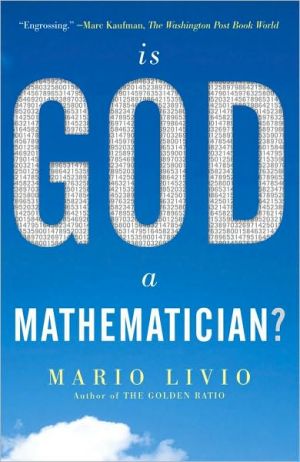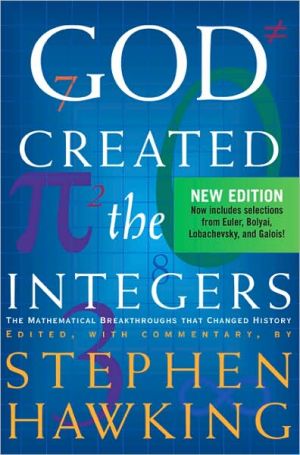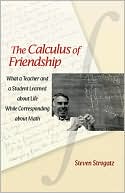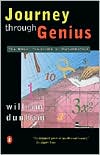The Autonomy of Mathematical Knowledge
Search in google:
Most scholars think of David Hilbert's program as the most demanding and ideologically motivated attempt to provide a foundation for mathematics, and because they see technical obstacles in the way of realizing the program's goals, they regard it as a failure. Against this view, Curtis Franks argues that Hilbert's deepest and most central insight was that mathematical techniques and practices do not need grounding in any philosophical principles. He weaves together an original historical account, philosophical analysis, and his own development of the meta-mathematics of weak systems of arithmetic to show that the true philosophical significance of Hilbert's program is that it makes the autonomy of mathematics evident. The result is a vision of the early history of modern logic that highlights the rich interaction between its conceptual problems and technical development.
Preface ixAcknowledgments xii1 A new science 11.1 Recovering Hilbert's thought 11.2 Freedom from nature 91.3 Freedom from philosophy 141.4 The Wrong conclusion 252 David Hilbert's naturalism 292.1 Introduction 292.2 Anti-foundationalism 322.3 Mathematical autonomy 412.4 Formalism and finitism 472.5 Conclusion 593 Arithmetization 613.1 Introduction 613.2 Gödel's work as a contribution to Hilbert's program 643.3 The Grundlagen der Geometrie 683.4 Hilbert's proto-proof theory 733.5 Herbrand's reception of Hilbert 833.6 Investigating metatheory with arithmetic 893.7 Progress towards purity 984 Intensionality 1054.1 Introduction 1054.2 Gödel's second theorem and Hilbert's program 1124.3 Feferman's approach 1194.4 The inside/outside distinction 1234.5 A theory-dependent interpretation of consistency 1274.6 Conclusion 1365 Interpreting Gödel's second incompleteness theorem for Q 1395.1 Historical background 1395.2 Pudlák's argument 1425.3 Two routes to intentionality 1455.4 Ambiguity in interpretation 1525.5 Concluding remark 1676 Autonomy in context 1696.1 The naturalistic turn 1696.2 Wittgenstein's critique of the second-order 1696.3 First-order meta-mathematics 1746.4 Evidence of autonomy 191References 200Index 209
